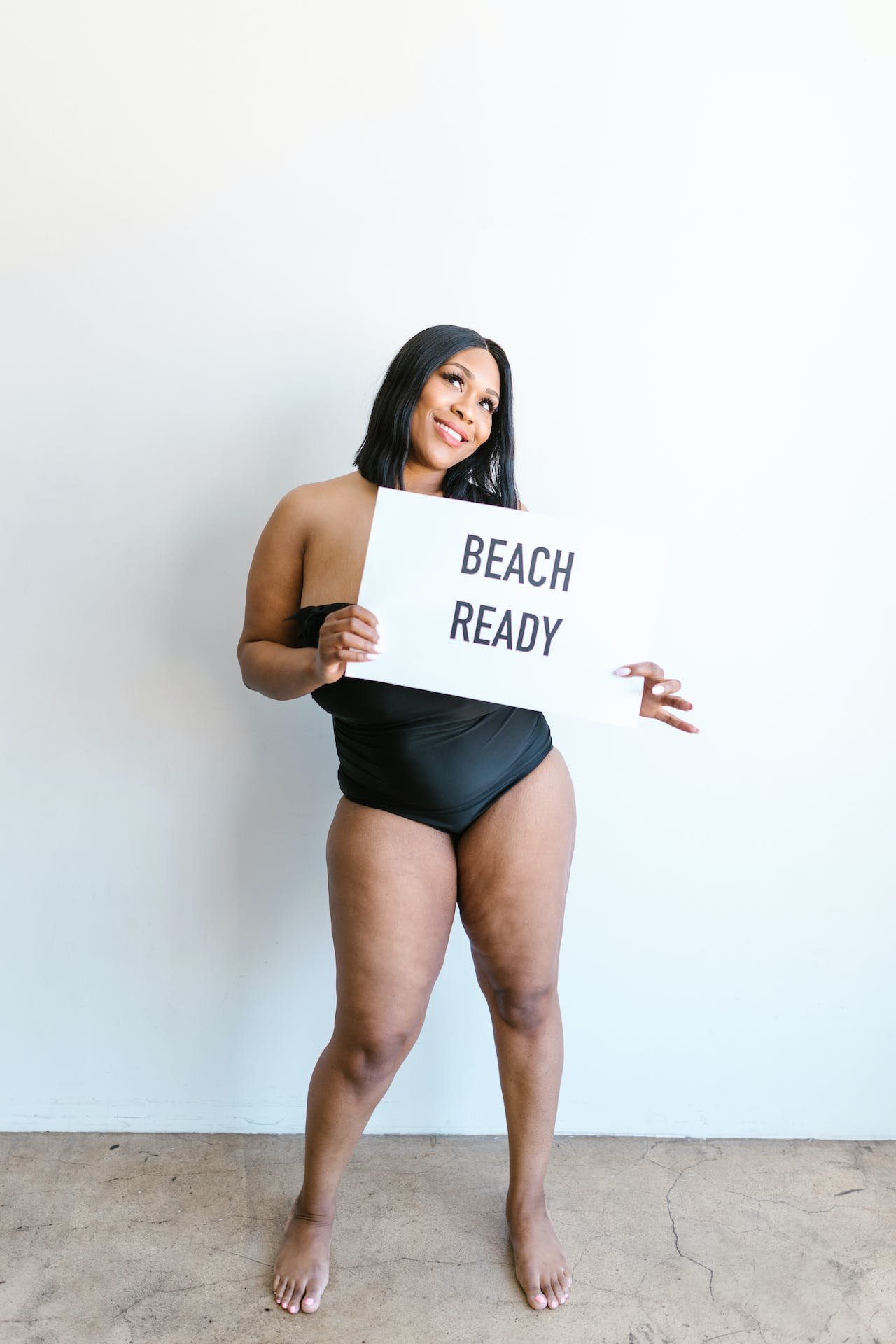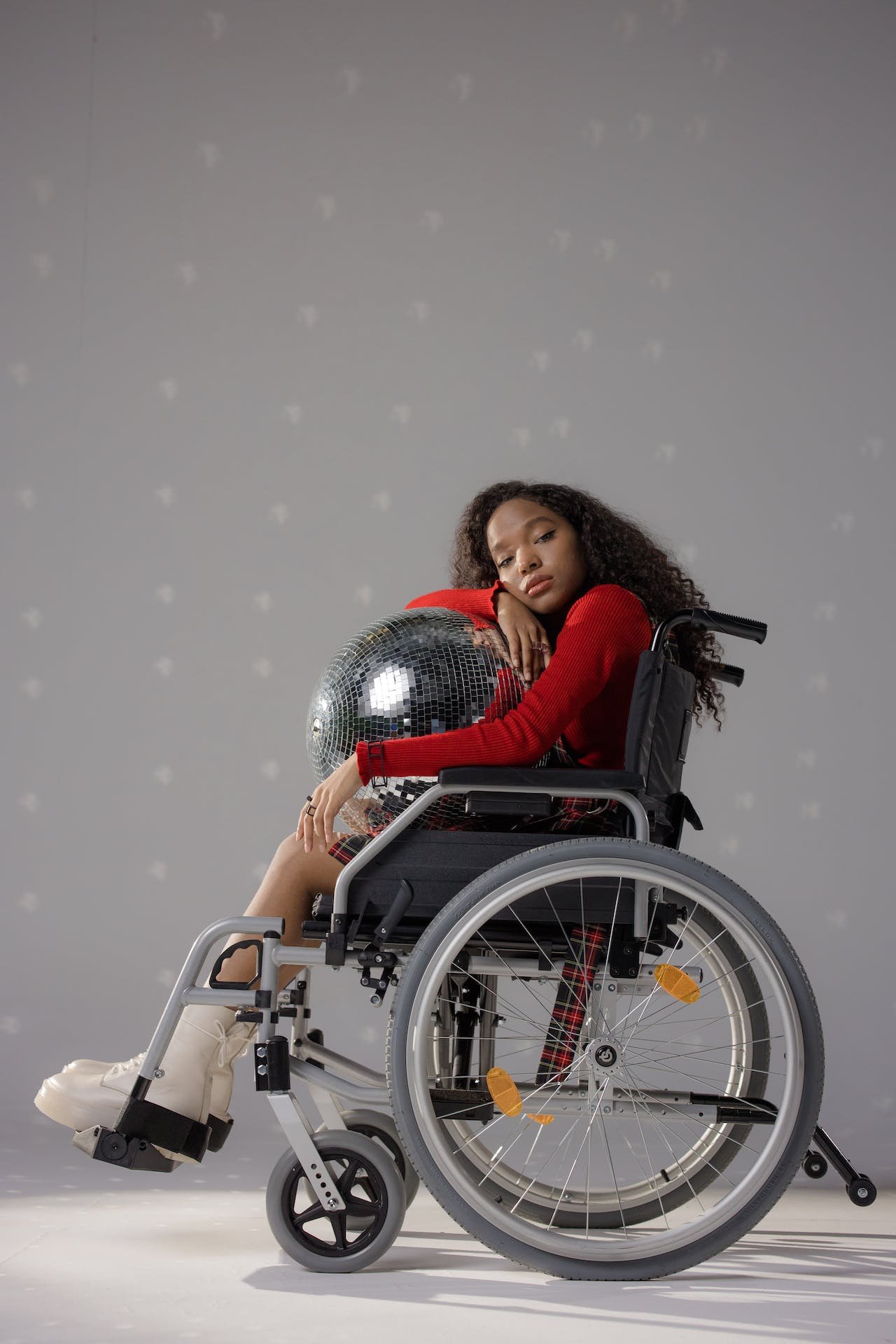Body Image and Society: Analyzing the Impact of Cultural Influences on Self-Perception
In today's society, how we perceive our bodies is crucial to molding our self-esteem and overall well-being. We are constantly bombarded with pictures and messages that tell us what is beautiful, frequently leading to unreasonable expectations that many people struggle to reach. Cultural factors, such as societal beauty standards and media portrayals, have a significant impact on our self-perception and contribute to body image issues.
Society has created an idealized version of beauty that prioritizes slimness, youthful appearance, and a specific set of physical features, often promoting unattainable standards that can leave people feeling inadequate and dissatisfied with their own bodies.
Media portrayal, cultural standards, and societal pressures combine to create an idealized representation of beauty. We internalize these norms and spend our lives striving for unattainable perfection.
Nonetheless, it is critical to recognize that beauty is a diverse and subjective term. The narrow definition set by society does not account for the diverse range of body types and features that exist in the real world. We can free ourselves from the limits of comparison and create a more inclusive perception of beauty by identifying this constraint and daring to defy established conventions. Let us embark on an adventure to rethink society's effect on our self-perception through the promotion of self-acceptance, diversity, and originality.
Understanding the Harmful Effects of Body Shaming
Body shaming, the act of criticizing or making negative comments about someone's physical appearance, is an ongoing issue in our society and has a slew of disastrous implications that can have a significant influence on people's self-esteem and mental well-being. Body shaming has far-reaching consequences that go beyond simply criticizing someone's appearance. Constantly hearing unfavorable comments about one's body can cause long-term psychological damage, including low self-esteem, anxiety, sadness, and even eating disorders.
When subjected to body shaming, individuals may develop an unhealthy obsession with striving for an unrealistic standard of beauty perpetuated by society. They may feel pressured to conform and modify their physical appearance in drastic ways just to fit in or gain acceptance. This relentless pursuit of unattainable ideals often results in a never-ending cycle of dissatisfaction and self-loathing.
It's become so bad that people feel comfortable labeling overweight individuals as unhealthy as if their body size affects their health. Fat people face the most heinous forms of body shaming from family, "friends," and strangers on the internet. This degrading behavior fosters damaging preconceptions and ignores the complexity of individual health, contributing to a culture of fatphobia.
In our society, beauty standards hold a powerful influence over how we perceive ourselves and others. From an early age, we are bombarded with images of flawless models and celebrities who embody what is deemed "ideal" beauty. These standards often shape our perception of ourselves, creating insecurities and self-doubt.
These societal standards contribute to fatphobia and the harassment people receive when they don't fit the standard of beauty. This can lead to individuals feeling ashamed and judged solely based on their appearance, perpetuating a cycle of discrimination and prejudice. It is important to recognize that beauty comes in all shapes and sizes, and promoting inclusivity and acceptance can help break down these harmful stereotypes.
We must unpack the influence of these beauty standards to gain a deeper understanding of their impact. It is important to recognize that beauty is subjective and diverse. Rather than conforming to the narrow definition of attractiveness imposed by society, embracing oneself can foster self-acceptance and celebrate unique qualities.
Media literacy plays a significant role in combating the influence of beauty standards. By critically analyzing the messages conveyed through advertisements and media platforms, we can challenge unrealistic portrayals of beauty. This process empowers us to question societal norms and redefine our perception of what it means to be beautiful. Capitalism strives to keep us feeling terrible about ourselves, so we cannot rely on businesses to promote positive and inclusive portrayals of beauty.
However, promoting inclusivity and representation in the beauty industry is essential. By featuring diverse models and showcasing a range of body sizes, skin tones, and ethnicities, we can break down beauty standards that exclude and marginalize certain groups. To truly represent our society as a whole, inclusivity must extend beyond abled bodies.
Breaking Free from Comparison: Navigating Social Pressures
Social pressures can be overwhelming when it comes to body image. We are constantly bombarded with images and messages that promote unrealistic beauty standards, making it difficult to embrace our unique selves. However, breaking free from the shackles of comparison is not an impossible task.
One effective strategy is to cultivate self-compassion and acceptance. Instead of fixating on perceived flaws or shortcomings, remind yourself of your strengths and achievements. Embrace the idea that true beauty emanates from within and that society's narrow definitions should not measure your worth. Surround yourself with positive influences who support and uplift you, enabling you to build a strong foundation of self-confidence.
Incorporating self-care into your everyday routine is often recommended as a means to gradually distance yourself from the influence of societal expectations. Undoubtedly, self-care holds significance; however, communal care also plays a vital role. To some extent, embracing community care can assist in maneuvering through these pressures and facilitate liberation from the trap of comparison. By surrounding oneself with a supportive collective, not only can the challenges posed by social pressures be better managed, but one can also foster a path toward liberation from the shackles of comparison.
In a collective, we can share our struggles, celebrate our victories, and find strength in solidarity to challenge societal expectations and redefine our worth.
Media Literacy and Challenging Beauty Standards
When examining the impact of cultural influences on self-perception, media literacy emerges as a crucial tool for dismantling harmful beauty ideals. In today's media-saturated world, it is imperative to develop a critical eye that deconstructs the messages portrayed by advertisements, magazines, and social media platforms. By understanding the tricks employed to create and enhance unrealistic beauty standards, individuals can reclaim their power and cultivate a healthier relationship with their bodies.
The first step in media literacy is recognizing the airbrushed illusions that flood our screens and pages. Behind flawless skin, slim waistlines, and impeccably styled hair lies an industry fueled by Photoshop manipulations. By unveiling these digital alterations, we can liberate ourselves from unattainable ideals.
Moreover, analyzing how certain body types are overrepresented while others are marginalized allows us to challenge narrow definitions of beauty and embrace diverse representations. Moreover, when we examine the overrepresentation of certain body types and the marginalization of others, it enables us to confront limited notions of beauty and welcome varied depictions, fostering a society that embraces and celebrates diversity in all its forms. Let us remember that true beauty transcends societal expectations and resides in self-acceptance.
Building a Positive Relationship with Your Body: A Step-by-Step Guide
Your relationship with your body is a journey that requires patience, self-compassion, and conscious efforts to cultivate positivity. Embracing and appreciating your unique physicality can lead to improved self-esteem and overall well-being. Here are some practical steps to guide you in building a positive relationship with your body:
1. Practice Self-Acceptance: Start by acknowledging that bodies come in all shapes, sizes, and abilities. Embrace the diversity of the human form and understand that comparison only steals joy. Accept yourself as you are right now, recognizing that your worth goes beyond external appearance.
2. Shift Your Focus: Instead of fixating on perceived flaws or imperfections, redirect your attention to the incredible things your body can do. Celebrate its strength, resilience, and capacity for growth. Engage in activities that make you feel good physically and mentally, whether it's dancing, hiking, or practicing mindfulness.
3. Nourish Mindfully: Feed yourself with kindness by adopting a balanced approach to nutrition. Listen to your body's signals of hunger and fullness while enjoying a varied diet rich in whole foods. Avoid restrictive diets or excessive exercise regimes; prioritize nourishment over unrealistic beauty ideals.
4. Treat Your Body With Respect: Treat your body with respect by practicing self-care and self-compassion. This means permitting yourself to rest when needed, setting boundaries, and prioritizing your well-being. Remember that your body is unique and deserves to be treated with love and acceptance, regardless of societal standards or expectations.
5. Cultivate Self: Cultivate self-love and acceptance by embracing your unique qualities and celebrating your accomplishments. Focus on your strengths and practice self-care to nurture your overall well-being.
The societal influences on body image are profound and pervasive. However, there is hope amidst this complex issue. By recognizing the harmful effects of body shaming and challenging societal beauty standards, individuals can embark on a journey toward self-acceptance and love.
Embracing media literacy and cultivating a positive relationship with our bodies allows us to reject unrealistic portrayals of beauty and find contentment within ourselves. It is through collective efforts that we can redefine societal norms, promote inclusivity, and celebrate diverse forms of beauty. Let us strive to create a world where everyone feels comfortable in their skin, liberated from the shackles of comparison and judgment.
Sources
Wajiha, Nargis, et al. “The Effects of Body Shaming on Young Adults Mental Health a Case Study of Rawalpindi Pakistan.” Journal of Namibian Studies, May 2023, https://doi.org/10.59670/jns.v33i.4431.
Socials:





















Explore the intricate world of waste management in this enlightening journey through trash.